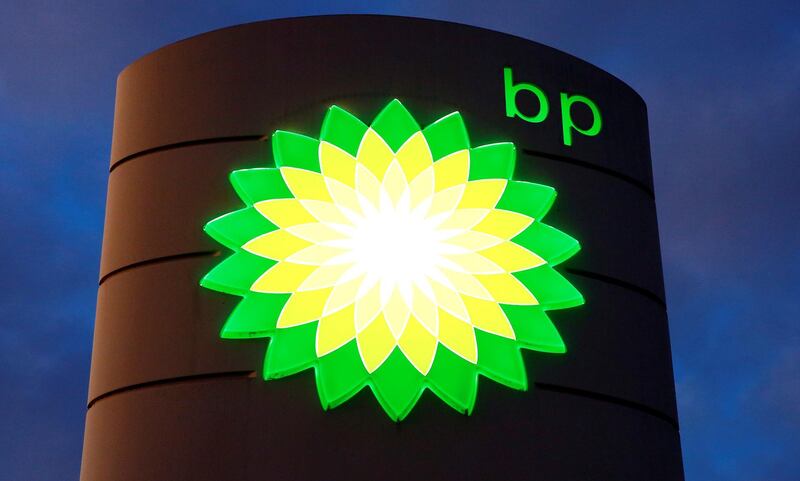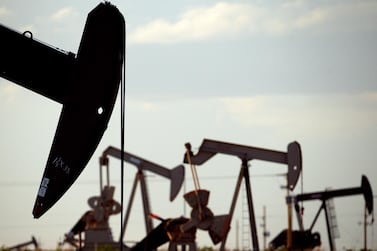Renewable energy accounted for 40 per cent of the growth in primary energy in 2019, driven by strong capacity additions globally in wind and solar, according to BP’s annual statistical review of energy.
Carbon emissions slowed to 0.5 per cent in 2019, which could be seen as a positive indicator, it it weren’t for a big increase - 2.1 per cent - in 2018.
"The average annual growth in carbon emissions over 2018 and 2019 was greater than its 10-year average. As the world emerges from the Covid-19 crisis, it needs to make decisive changes to move to a more sustainable path,” BP chief executive Bernard Looney, said.
BP is the biggest oil major to undertake sizeable changes to the way a traditional Big Oil firm does business. The company plans to reach net zero carbon emissions across all its operations on an absolute basis by 2050. Earlier this week, BP wrote off $17.5 billion from the value of its oil and gas business as it lowered its oil price expectations through to 2050. The company said the coronavirus pandemic accelerated the transformation of the global economy to one based on lower carbon intensity.
"The disruption to our everyday lives caused by the lockdowns has provided a glimpse of a cleaner, lower carbon world: air quality in many of the world’s most polluted cities has improved; skies have become clearer,” said Mr Looney.
The lockdown measures, which resulted in the grounding of aircraft and a steep decline in both public and private transportation, may have led to carbon emissions falling by 2.6 Gigatonnes in 2020, according to the IEA.
"But to get to net zero by 2050, the world requires similar-sized reductions in carbon emissions every other year for the next 25 years. This can be achieved only by a radical shift in all our behaviours,” said Mr Looney.
According to the latest statistical review, which is seen as a bellwether for the energy industry, primary energy consumption growth slowed to 1.3 per cent last year, a rate less than half of the growth seen in 2018.
The growth in consumption was fuelled largely by renewables and natural gas, which together accounted for three quarters of the expansion.
China was the biggest driver of energy consumption, accounting for more than three quarters of global growth, while India and Indonesia were the next biggest contributors.
The US and Germany registered the largest declines in energy consumption.
Meanwhile, consumption of oil grew below average at 900,000 barrels per day or 0.9 per cent. Growth in the consumption of crude was also driven by China, which accounted for 680,000 bpd in growth, while demand in the OECD fell by 290,000 bpd.
Production from Opec declined by 2m bpd, thanks to historic cuts undertaken by the alliance along with non-member producers. Global oil production declined by 60,000 bpd last year, as the decline in Opec output offset the increase in US production, which surged by 1.7m bpd.








